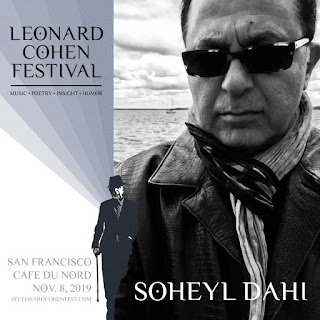Dr. Arthur Broomfield is a poet and Beckett scholar from County Laois, Ireland. His works include The Empty Too : language and philosophy in the works of Samuel Beckett [Cambridge Scholars’ Publishing 2014], three full collections of poetry, Cold Coffee at Emo Court [Revival 2016] The Giants’ Footsteps at the Rock of Dunamaise [Revival 2019] and Ireland Calling [Revival 2020]. Arthur has been a featured poet in Krysia Jopek’s Diaphenous Micro.
Fudge
Today I want to thrash those dandelions,
the colonising buttercups, glaring at me,
the ironic beauty of the milk thistle.
I won’t dig the dun earth
with my heavy-duty mattock
or disturb the sad soil
with the spade bought for the event.
Today I’ll walk in slow time
down the bog lane,
I’ll pick a bunch of prickly furze,
purple foxgloves, meadowsweet,
listen to the double bass coo coos
of the woodquest,
the dirge from the rookery,
and carve your name on the flagstone
where you used to lie on hot days.
I’ll sanctify the spot
with scents from our walks,
sip sparkling water
and wait for the dawn chorus,
the morning star.












